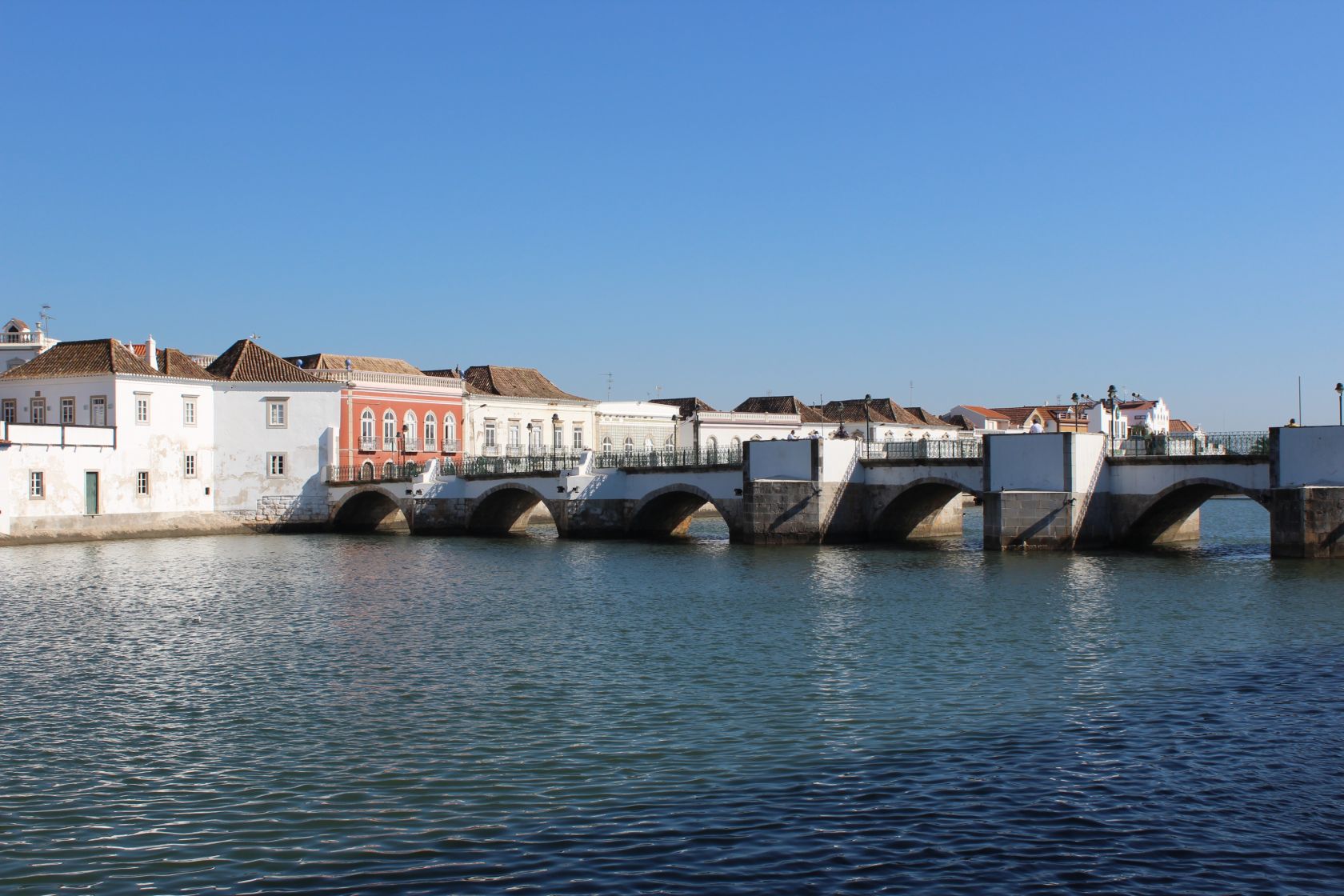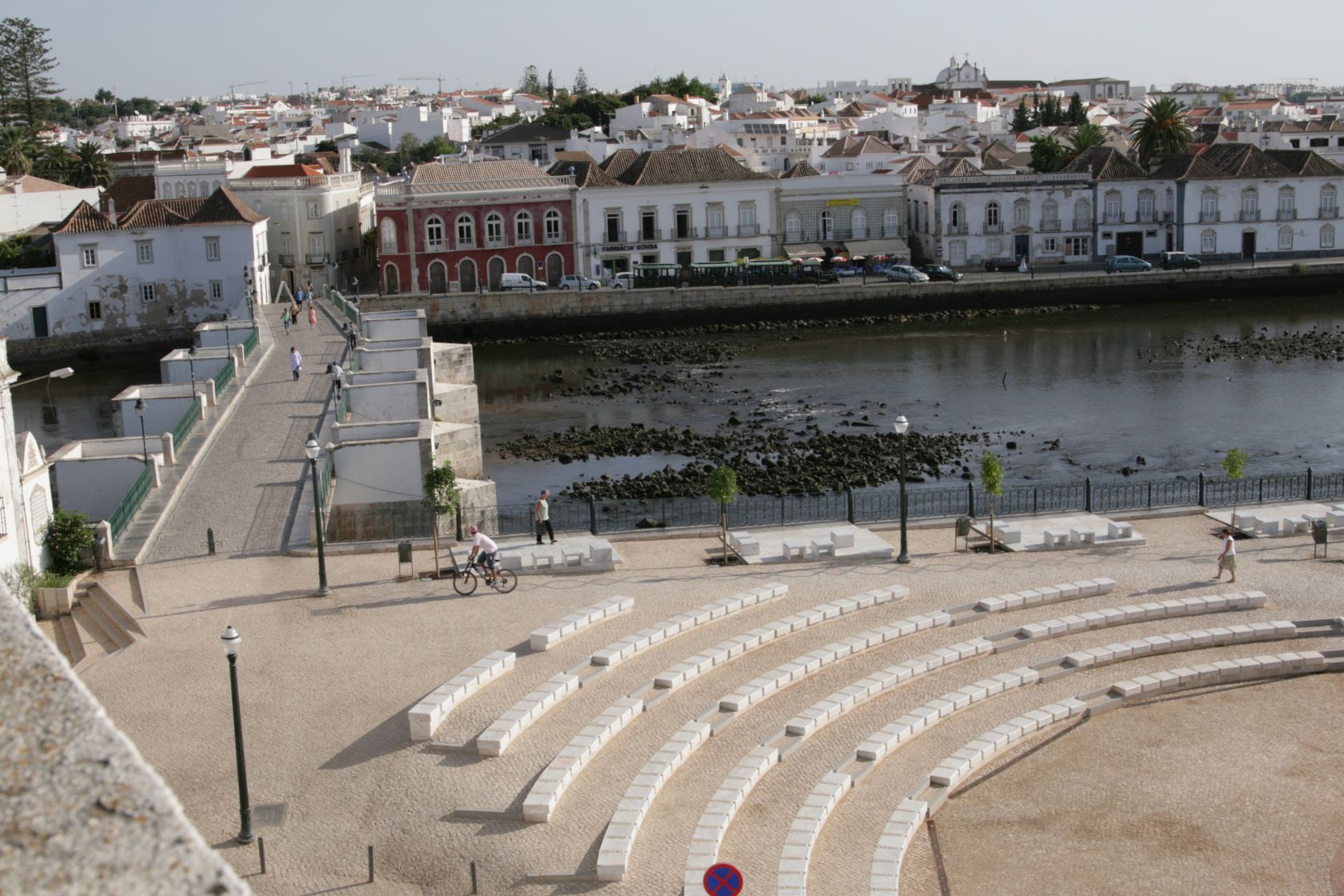With major experience in finances, Ana Martins wants to provide the best to the citizens of her municipality, targeting various fields such as housing, health and education, without forgetting the importance of environment, sports and culture.
Ana Martins is running to be the mayor of Tavira again, representing the Partido Socialista (PS) in this city in the Algarve.
The Portugal News (TPN): How did you react to the legislative election results?
Ana Martins (AM): We are in a period in which our Governors, in my particular opinion, have a tendency, sometimes, to forget the Algarve a little bit. I think, the Governors, and most people in the country, come here in the month of August, during the holidays, they stay here for a week, 15 days, and it is spectacular, we have an excellent quality of life, we have excellent beaches, we have excellent gastronomy, it is summer, everyone has fun, and, therefore, there is always this image that in Algarve, everything goes well. But then, in the other 11 months of the year, we have difficulties, and we have problems that are very specific in our region.
Nowadays, we have the problem of housing, but we also have the problem of having a higher cost of living, also due to tourism, which, then, doesn't correspond to our salaries. We are also very dependent on tourism; the economy of the region is not a diversified economy, and we end up being very dependent on tourism, and this creates some dissatisfaction in the people who live here, because we realise that we are not looking at the real problems of the Algarve. At the moment, with the price of the houses we have in the Algarve, we can't fix a young person in the Algarve.
I think that what happened in the legislative elections had a little to do with that; it has to do with people's dissatisfaction. I believe that this vote of the Algarve that reaches us has a lot to do with people's discontent of wanting to look at us in a different way, and to the specificity of our problems.
The population in the Algarve is living in a touristic area, but then we do not have the return on investment, our mobility is what it is. Health, it's a chaos; in fact, it is in the whole country, but we have already gotten used to it, we have had this problem for several years. The same applies to education, having worrying results of school failure and abandonment in the Algarve, and so I think all of these are concerns that no one has yet looked at, and in my opinion, the results were a consequence of those reasons.

TPN: How can the municipality get around the situation you just described?
AM: We are going to make a good contribution of what will be necessary for housing. We have already launched a contest for 24 new houses, and by the end of the month, we will launch a new contest for more 24 new houses in Cabanas de Tavira and new projects are yet to be approved. We also have the project to be completed in nine more houses, which I also intend to launch by the end of this term, and then we will buy a lot, where we will construct the first 24 houses that I mentioned, and then we will have another 54 to construct.
In a pre-study phase, there is the rehabilitation of some of the buildings that we have here in the city, for affordable prices, for, above all, doctors, teachers, so that we can accommodate those professionals, that we also need to fix in the region.
We are currently improving the conditions of our health equipment, while developing a project of expansion and beneficiation of the existing health centre, which is the extension and improvements of the facilities in Cabanas de Tavira. There will be made an investment of almost €10 million in a unit of external consultations and diagnostic means. Currently, marking this type of complementary exam is very complicated for people, and we can also provide the service.
In the area of education, we have already rehabilitated several schools; we are currently working on the primary school of Santa Catarina, we had already done Conceição, Cabanas, and Santo Estevão. We are also developing a project to requalify the high-school of Tavira, which is in the list of 21 schools of the country that need urgent intervention. I hope this activity takes place in the best possible way.
TPN: How would you describe the foreign population residing in Tavira?
AM: Tavira has a significant foreign population, which represents around 26% of the population. We have those who are workers, who come at the age to work, and who work, from the most specialized to those who work in agriculture or in the tourism sector, for example. Basically, we have people from Sweden, Italy, and obviously, British people. But we also have residing here communities from Pakistan, Nepal, India and Bangladesh.
TPN: What has the municipality done to integrate the foreign community?
AM: It is important to work on the integration and inclusion of these people, even because some of these people have had the desire to bring their families, which brings students to our schools. Therefore, we try to integrate, and we help them learn Portuguese. But the same happens to foreigners that may have already left the active life and are enjoying their retirement.
We created, about five years ago, a place to support immigrants, the CLAIM, where we tried to develop a brochure with some basic information in several languages about the Council. And many people look for CLAIM to have this information.

TPN: Why is it important to have the foreign community participating in the local elections?
AM: Legislation gives them this right for a reason, because they must participate in the construction of the city and local policies. I think they should do this in case they want to improve in some aspects. They should participate in life and how we can participate is by voting in those who do represent us because our political system is set up like this.
A mayor is really to serve people, has a mission spirit and, I speak for myself, there are always moments of joy when we can help and therefore, we can only do it with everyone's participation.
Besides elections, we call the community in the process of public discussion of the regulation of a municipal plan of the various areas we have for culture, for sport for the environment in this case climate action, for mobility that foreigner can also come to participate, helping us to create strategic plans that show what the path should be in these areas in the time horizon of 5 or 10 years.
Currently, the Deputy Editor at The Portugal News, Bruno G. Santos, is really interested in national politics. With a degree in Journalism and Communication, he also loves to write about different topics like Portuguese culture, society and other current affairs. Press card: 8463.














